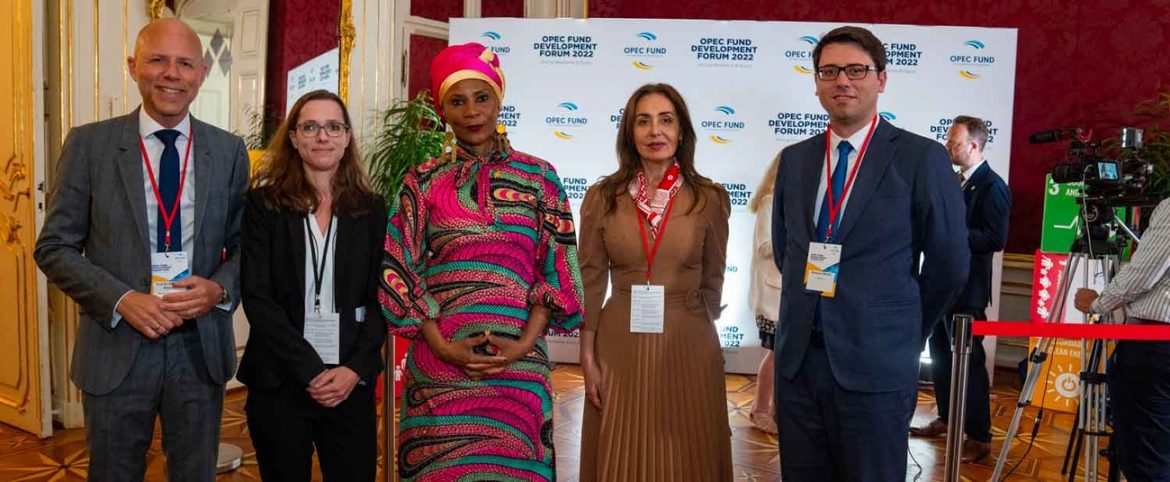African Development Bank Director General for Southern Africa, Leila Mokaddem has said that creating fiscal space for development finance and stepping up regional infrastructure projects will be vital to Africa’s Road to achieving net zero.
Mokaddem made this known during a session at the Organization of Petroleum Exporting Countries, OPEC Fund’s inaugural Development Forum, entitled ‘Turning Public Ambition into Effective Action.
Recall that the inaugural forum, which took place in Vienna, Austria, on 22 June, brought together governments, development institutions, private sector partners, and other stakeholders around its theme, bridging the financing gap and turning public ambition into climate action.
Read also: CIDSE launches African Climate Dialogues
The panel comprised Ahunna Eziakonwa, Assistant Administrator and Regional Director for Africa at UNDP, Hekuran Murati, Minister of Finance, Labor and Transfers of the Republic of Kosovo and Andreas Klasen, Professor of International Business and Director of the Institute for Trade and Innovation at Offenburg University in Germany.
Eziakonwa who shared the UNDP’s bold commitment to enable 500 million people to gain access to electricity in the next 4 years – more than 50% of those currently without access said it was proof of the institution’s determination to rescue the SDGs.
“That is a very bold statement of purpose which shows that we understand that conquering energy poverty is necessary for overcoming poverty,” she said.
The panellists agreed on the importance of affordable, clean energy for Africa.
In her address, during the session which allowed panellists to discuss actions and examples of how to move commitments made by development institutions, governments and other stakeholders, “from lofty declarations to real-world change, Mokaddem said, “We need to rethink the way we finance development. We need to put more resources into institutions like the African Development Bank”.
She explained that the AfDB is making a strong case for an allocation of some of the International Monetary Fund’s Special Drawing Rights so that they can be leveraged to meet the $218 billion a year needed for Africa’s infrastructure needs such as roads and ports, participants heard.
Given the importance of climate finance, Mokaddem said that the bank had committed to double its climate finance from $12.5 billion in the 2016-2020 period to $25 billion between 2020-2025 and to allocate at least 40% of its annual investments to climate finance.
Mokaddem explained that regional integration and energy supply would be the steppingstones to ensuring energy security in Africa.
“Energy is one of the essential requirements for Africa’s development. The cost of delayed full electrification of the continent is increasing as time goes by. The African Development Bank has therefore made ‘Light up and Power Africa’ the first of the five pillars of its High 5 vision,” she said.
With a strategy built around the achievement of four targets including increasing on-grid generation to add 160 GW of new capacity by 2025; create 130 million new connections, the New Deal on Energy for Africa is an ambitious program to achieve universal access for Africa by 2025.
“Most of them will be in the form of regional projects,” Mokadden said.
Story was adapted from the African Development Bank Group.
